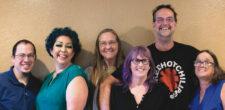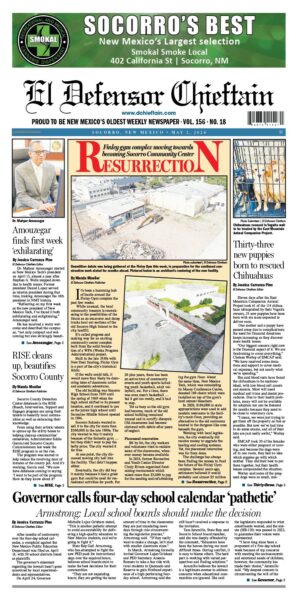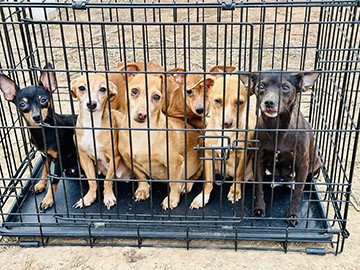
I have an extremely normal number of wisdom teeth—four. Although after this week, there won’t be so many in my head.
I am one of those people who gets sweaty when you even mention going to the dentist, so not exactly thrilled at the prospect of oral surgery. At least it’s very normal, happens all the time kind of oral surgery. So, there’s that.
I have been told by more than one person that I’m too old not to have my wisdom teeth out yet, but based on Tales from the Internet (which as we all know are always, absolutely, definitely the truth), there are plenty of people older than me still getting their wisdom teeth extracted.
There are also plenty of people just living their lives with all those extra molars in their heads.
Unfortunately, I can’t be one of those people.
I am very anxious about the prospect of a tooth extraction, and I’ve been dealing with that in two ways, one more productive than the other.
The first: collecting every tidbit I can via Google search about wisdom teeth-what are they, what can go wrong, do you really need to take them out, why do they get impacted, what are the complications, why are they called wisdom teeth in the first place.
What’s most wild about this googling is that most of the first two pages of results for wisdom teeth are websites for various oral surgeons who would like you to book your extraction with them. It took a while to get to the Wikipedia pages and the science magazine articles. Even the WebMd and Mayo Clinic results were buried by individual oral surgeon practices’ websites. How did these oral surgeons get such good search result preference? Is it because the internet knows I’m actually getting mine removed or does this happen for everyone?
Internet answers are rarely comforting, and I imagine doctors would rather we didn’t panic Google search before a procedure. Still, there have been some interesting tidbits. It seems human jaws might be getting smaller because childhood diets include softer food, according to a 2019 article in Discover Magazine. Apparently, eating hard foods as a kid might stimulate jaw growth, giving you more space for extra teeth (an idea floated in the same Discover article. I did not read the studies it cites, but it did cite studies).
The bit that blew my mind: wisdom teeth become impacted in 24 percent of people and are absent in 22 percent of people. So a good chunk of the population gets to have less alarming wisdom tooth experiences.
Amazing. I’m only slightly jealous.
My second approach to wisdom tooth anxiety: writing a cliché horror story in which a woman is somewhat distressed at the prospect of her wisdom teeth erupting, only to find the thing erupting in her mouth is not a tooth after all. Writing a horror story centered on the thing in your life making you anxious is a stress management strategy I cannot recommend enough. There’s something comforting about fictionalizing your own anxieties.
At least what’s erupting from under my gums is just teeth.





















